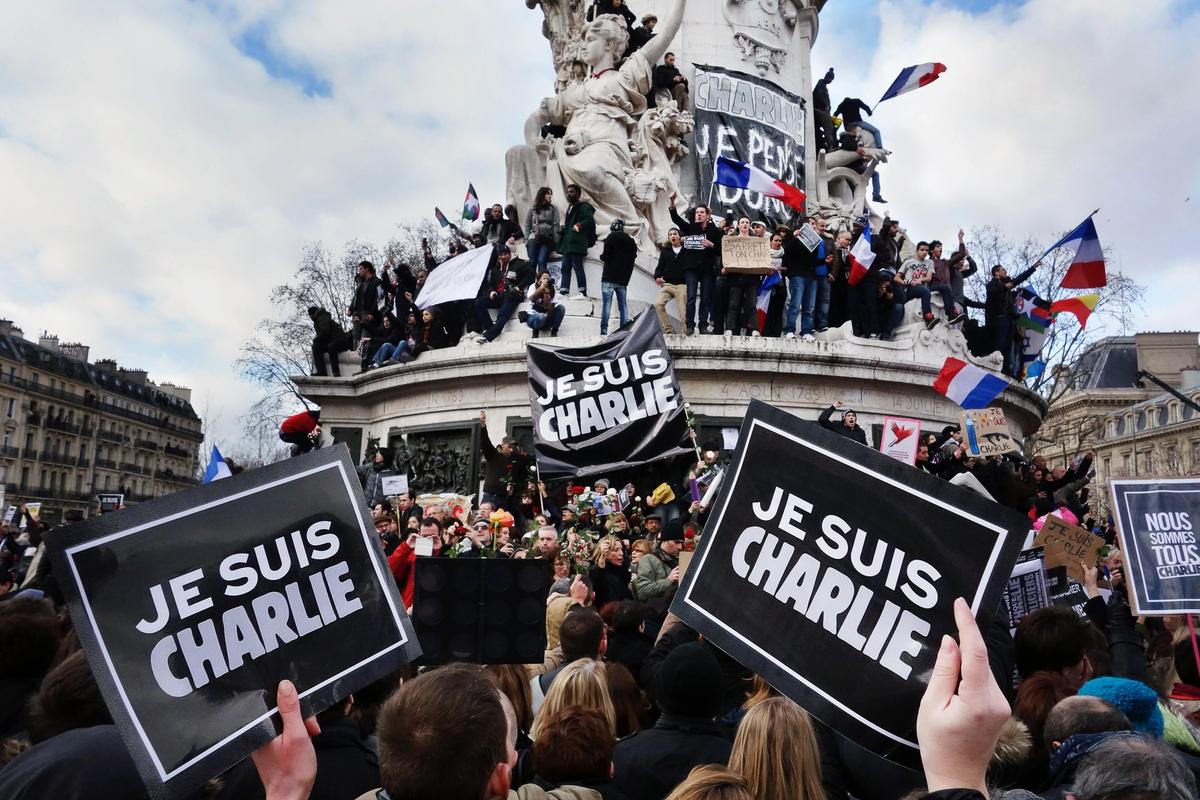Five years after the attacks on the Paris-based satirical newspaper Charlie Hebdo, France is planning to create a “house of press cartoons and satirical cartoons”, according to a statement issued by the culture ministry.
In an announcement made on Tuesday, the French culture minister Franck Riester said the project was “conceived and wanted” by Georges Wolinski—one of five caricaturists killed in the 2015 attacks, in which 12 people lost their lives. Its aim is to create “a place for meetings” to enable the creation and promotion of satirical cartoons and support their creators, the statement says.
"I am convinced that today we need a meeting, training and exhibition place dedicated to press cartoons and satirical cartoons as Georges Wolinski had wished,” Riester says.
The statement refers to press cartoons as “a witness of our time, our freedom and the dangers that threaten us” and “a powerful form of expression and creativity to the service of the independence of the media and therefore of the vitality of our democracies”. It added: “The recurring threats that continue to weigh on press cartoonists in the world, the censorship that they undergo or that they impose on themselves recall to what point this freedom to inform must be protected and defended.”
Riester has tasked Vincent Monadé, whose mandate as head of the Centre National du Livre (the National Centre of the Book) soon ends, to present proposals for the venue by the end of May.
The decision follows that of the New York Times in June to stop publishing daily political cartoons in its international edition and end its relationship with two contract cartoonists. Two months earlier, it had stopped running syndicated political cartoons after one with anti-Semitic imagery was printed in its international edition's opinion section.
Besides Wolinski, the Charlie Hebo attacks by the jihadist brothers Chérif and Said Kouachi killed the caricaturists Jean Cabut, known as Cabu; Stéphane Charbonnier known as Charb; Philippe Honoré, known as Honoré; and Bernard Verlhac, known as Tignous.
As well as other staff members, among the victims were a security guard hired by the French state to protect the offices that had been previously threatened and a policeman outside the building. The French orphan brothers, with Algerian origins, attacked the newspaper after it had published a series of cartoons about the prophet Muhammad.


